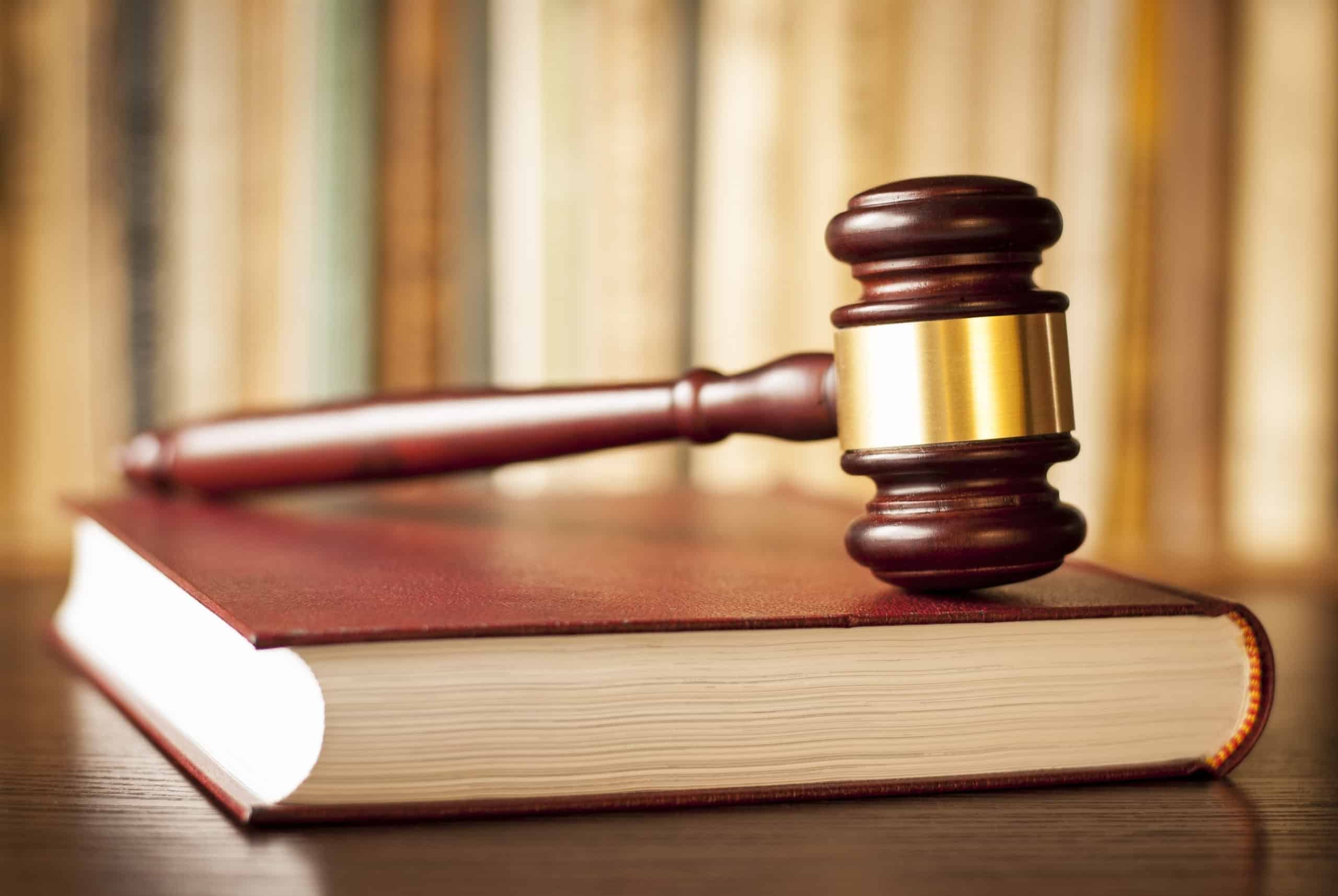In another legal win for Ripple, a U.S. magistrate judge has ordered the Securities and Exchange Commission (SEC) to reveal internal agency documents, memoranda or formal position papers that discuss Bitcoin, Ethereum and XRP.
Judge Sarah Netburn, in a new ruling this week, provided more clarification on her ruling last month regarding whether the SEC may keep its internal documents secret from Ripple.
The SEC must produce communications with third parties, including external agencies and market participants, subject to a privilege assertion, according to Netburn’s five-paragraph ruling.
“Intra-agency memoranda or formal position papers discussing Bitcoin, Ethereum, and XRP must be searched for and produced subject to a privilege assertion,” said the judge, adding that “Examples of such documents include Division reports, final reports of internal working groups, or formal position papers submitted to the Commissioners.”
However, she added, informal intra-agency communications such as emails would not need to be produced.
See related article: XRP prices steady after court hearing, Ripple releases $1.6 billion XRP
The judge also ruled that although such information may ultimately be privileged — meaning exempt from disclosure — associated information such as meeting dates and names of participants, could be relevant and is discoverable. Any documents withheld on the basis of privilege must be identified on a privilege log, according to the ruling. The order also directed Ripple and the SEC to continue to meet and confer on the remaining issues in their letters.
“The Judge tried to bridge the gap by giving slightly more detail into the types of memoranda and position papers that need to be disclosed,” Jesse Hynes, general counsel at Gala Games told Forkast.News.
“It’s clear she still wants Ripple and the SEC to figure it out amongst themselves, which hasn’t had great success to date. I wouldn’t be surprised if this comes before the court again,” Hynes added. “This order, however, is definitely a win for Ripple.”
Why the ruling is significant
Last December, the SEC filed a lawsuit against Ripple alleging that its sale of XRP was an unregistered securities offering worth over US$1.38 billion. The SEC also named Ripple’s executive chairman Chris Larsen and CEO Brad Garlinghouse as co-defendants for allegedly aiding and abetting Ripple’s violations. At the heart of the lawsuit is whether transactions involving XRP constitute “investment contracts” and therefore securities subject to registration under Section 5 of the Securities Act of 1933.
Access to the SEC’s internal communications has been one of the most heated areas of contention between Ripple and the SEC in the litigation. Judge Netburn had, at an earlier discovery conference on April 6, ruled to grant “in large part” Ripple’s motion to compel the SEC to produce documents reflecting SEC’s prior statements and communications with third parties as well as internal documents discussing whether XRP, Bitcoin or Ether are considered securities. However, Ripple and the SEC have been unable to agree on the documents to be disclosed under the order, with the SEC arguing that Ripple’s requests for internal documents were improper and irrelevant.
But the judge is now disagreeing with the SEC’s position.
“The discovery related to Bitcoin and Ether is relevant,” said Netburn at the April 6 hearing. “I think it is relevant to the Court’s eventual analysis with respect to the Howey factors, but I also think it is relevant as to the objective review of defendants’ understanding in thinking about the aiding and abetting charge or aiding and abetting count. I also think it is relevant to the fair notice defense that Ripple is raising.”
See related article: Ripple demands SEC to stop obtaining info on XRP dealings abroad
Discovery dispute over SEC’s use of requests to foreign regulators
Ripple and SEC have also been battling over whether the SEC should be allowed to use information that the SEC obtained from foreign regulators on Ripple and XRP transactions outside the U.S. The attorneys representing defendants Ripple, Garlinghouse and Larsen have disputed the SEC’s assertions that its requests to foreign regulators for assistance were “merely ‘voluntary’ and not ‘compulsory’” and have requested the judge to stop the SEC from using such requests.
The judge has yet to make a decision on the issue.





